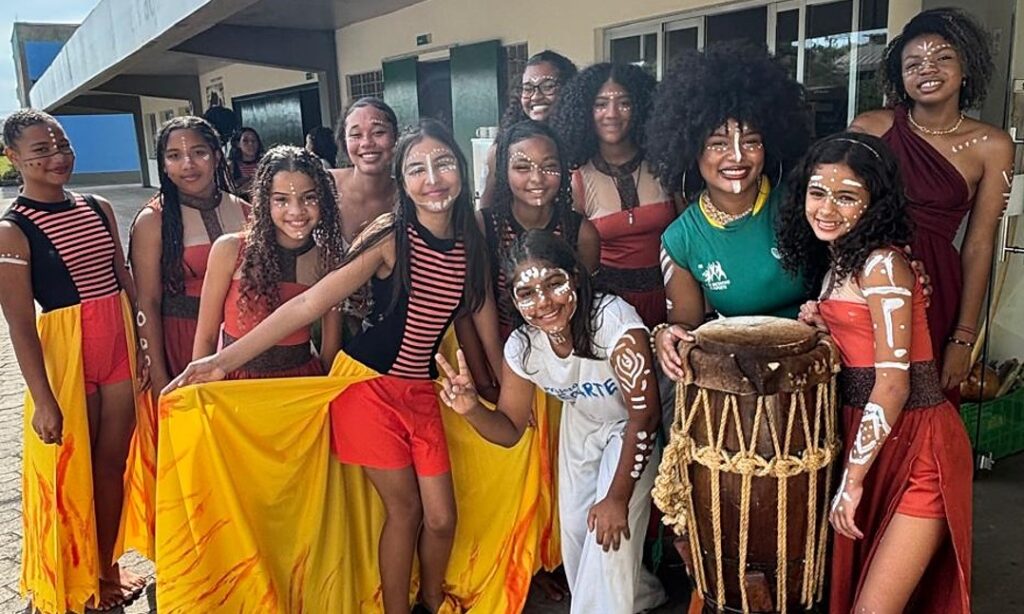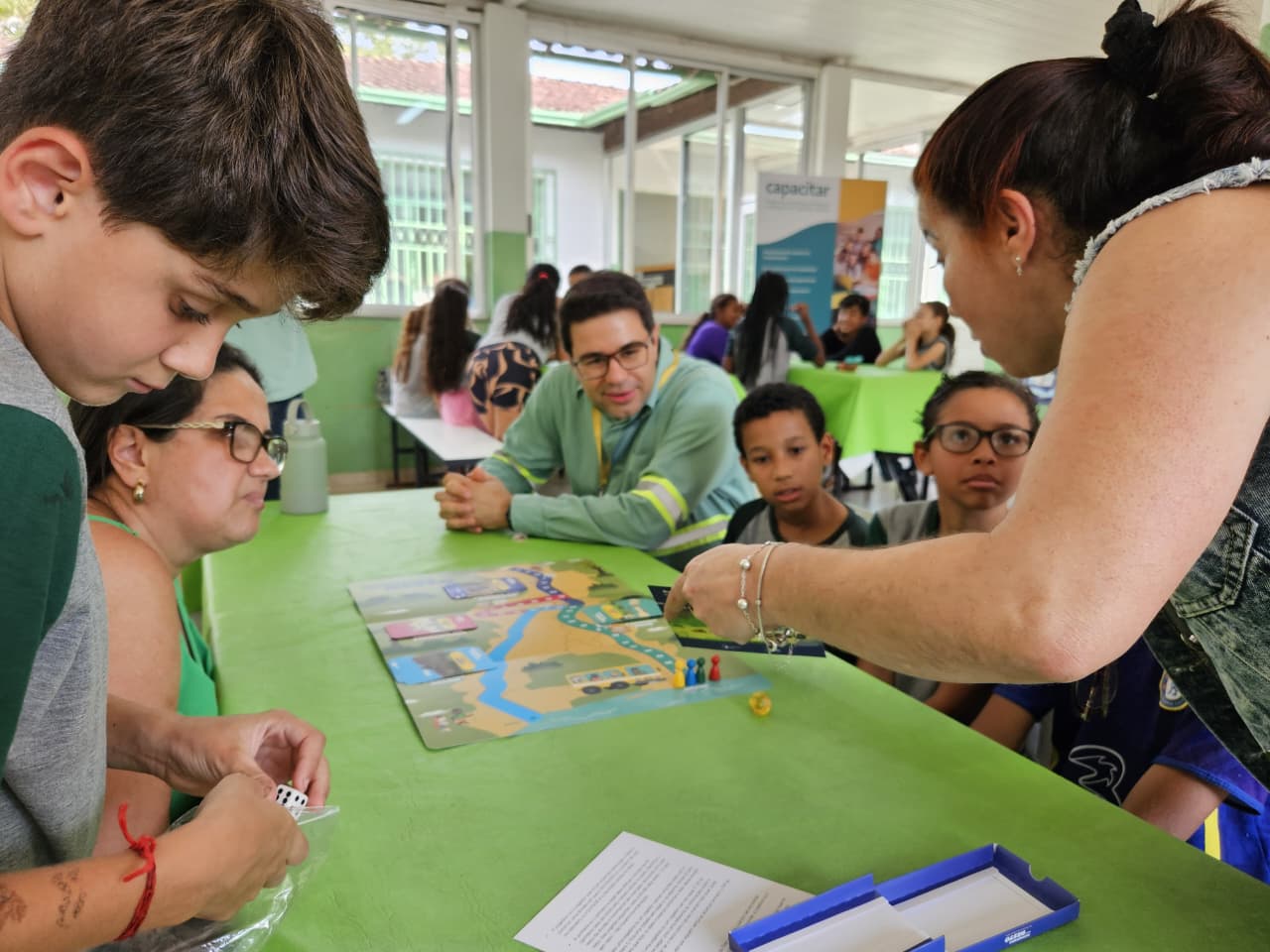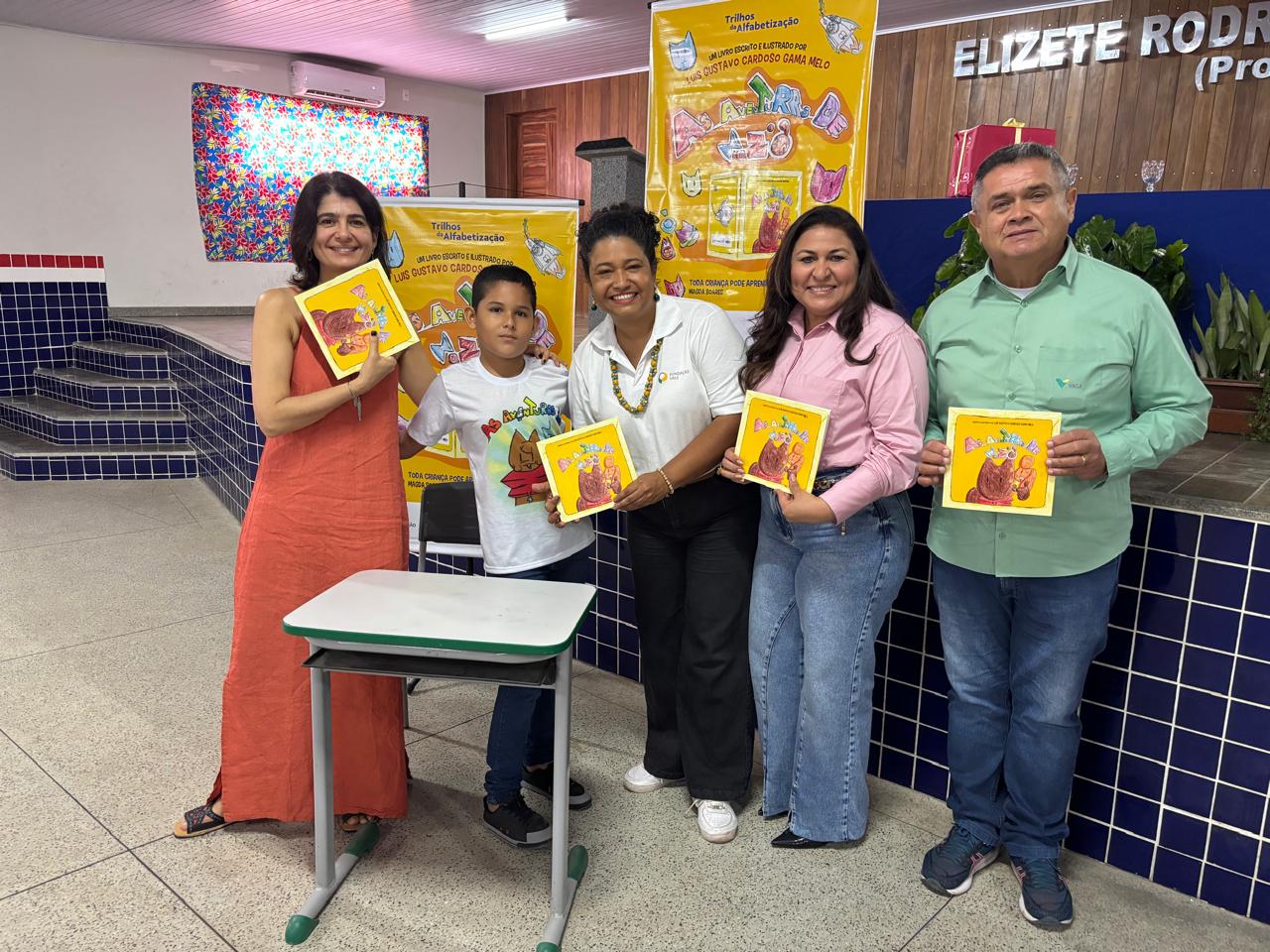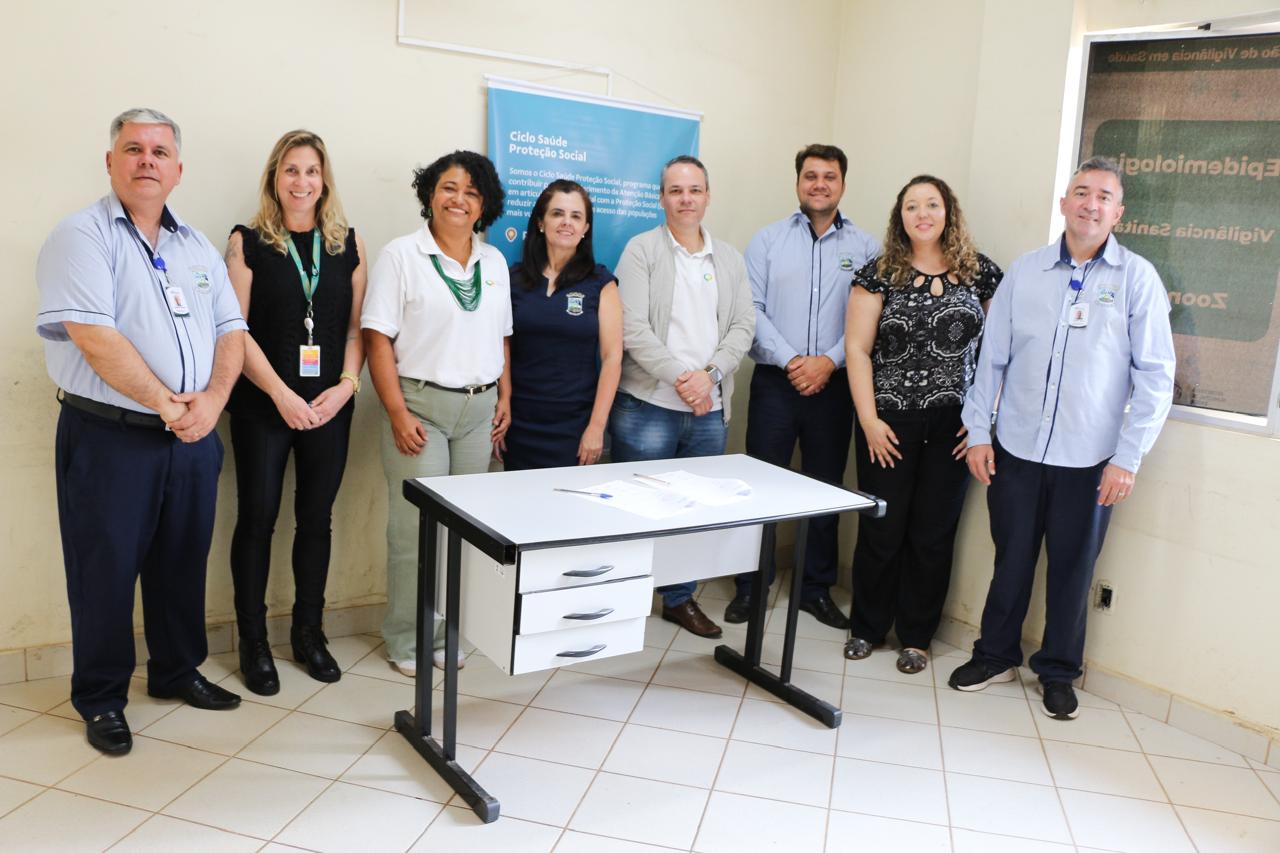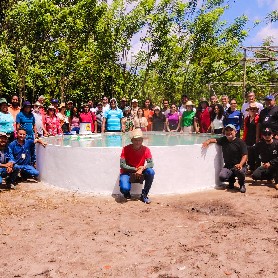More than 3.8 thousand students from the Knowledge Stations celebrate Afro-Brazilian heritage

Projects developed throughout 2024 gained prominence during Black Consciousness Month
With initiatives tailored to each territory, the five Knowledge Stations supported by the Vale Foundation held different activities in November aimed at valuing Afro-Brazilian history and culture, while stimulating reflection on social issues that affect the black population. These activities represent the outspread of projects carried out throughout the year, based on an anti-racist curriculum. They aim to support and engage the more than 3.8 thousand students served – 78% of whom self-identify as black or brown – in a commitment to social justice, respect for diversity, and protagonism in promoting a more inclusive and egalitarian world.
Marabá
From November 12 to 14, around 1,400 people attended exhibitions and performances of the project “Africa is in us”, presented by 300 children and adolescents from the Marabá Knowledge Station, in Pará. These performances came from artistic workshops in capoeira, dance, musical games, musicalization, and theater. This was the 10th edition of the event, which has been promoting various activities and performances open to the community since 2015. “I love coming because my daughters participate in the show, and also because I know they learn here how to face the prejudice that exists outside”, says Maria de Lourdes Ferreira, a local resident who attends the event every year.
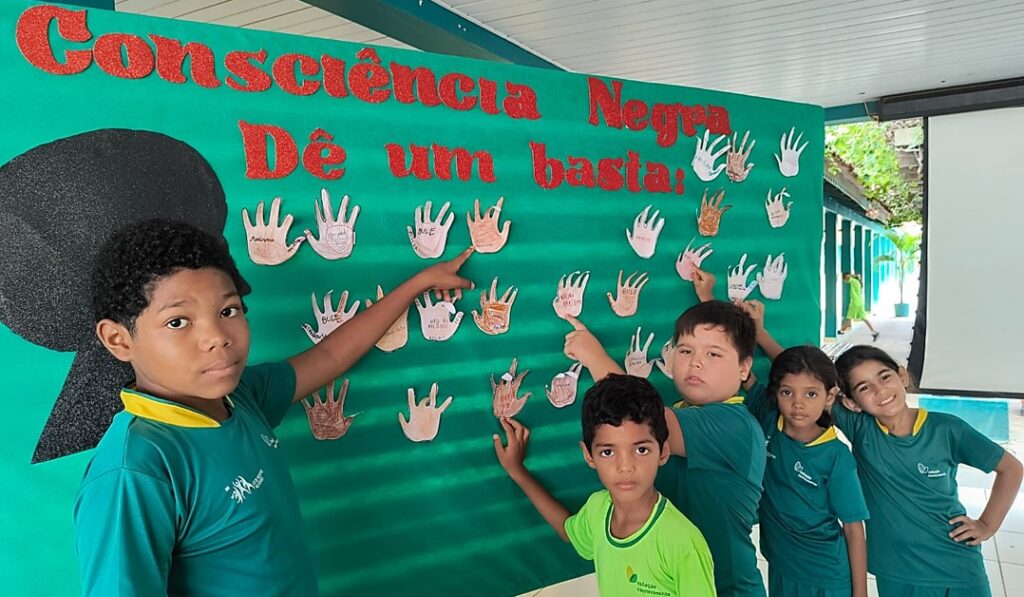
Tucumã
Also in Pará, the Tucumã Knowledge Station engaged its 798 students in activities aimed at promoting reflection on the importance of combating racism and celebrating Afro-Brazilian culture. From November 11 to 14, children and adolescents produced the panels “Give it a stop” and “I fight for”, where they expressed their thoughts on each theme. The following week, on November 19 and 20, they participated in African-origin games such as hopscotch, stick tag and “escravos de Jó” (a traditional children’s game) along with various board games.
Arari
In Arari, in Maranhão, the Knowledge Station hosted the event “I Am Africa” on November 18 and 19, a celebration of the semester’s cultural program. Among other initiatives, it included the creation of a literary collection featuring books by black writers that highlight black people as protagonists.
The event sought to deepen understanding of African influences present in the local territory and had the participation of 917 people. The program included rap battles, breaking dance battles, capoeira circles, storytelling, samba, musical groups performances and the lecture “Black consciousness”, led by Waldeci Vale, master’s in Education, professor at the Federal University of Maranhão and president of the Officina Affro Institute.
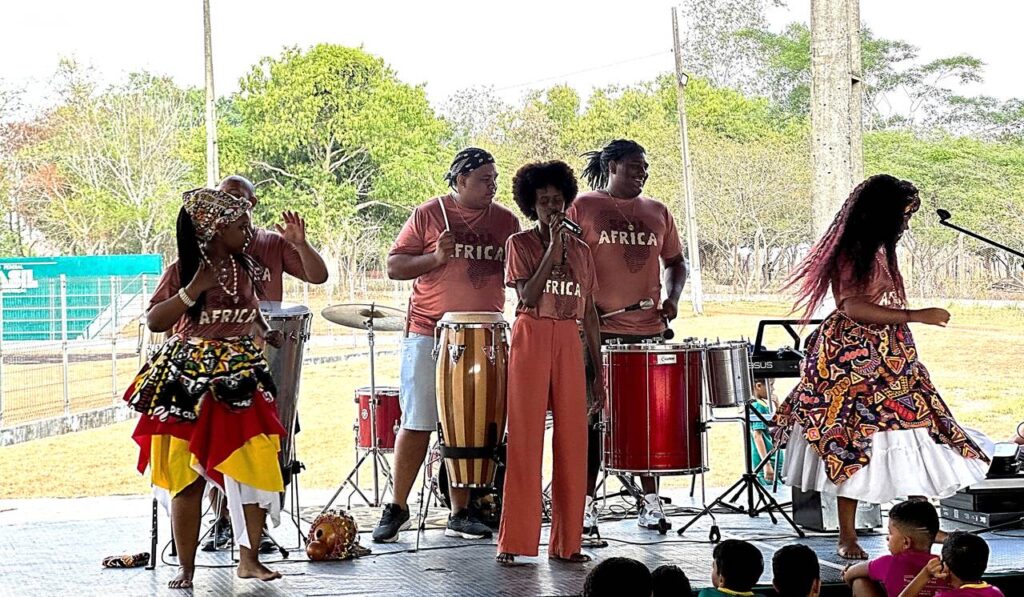
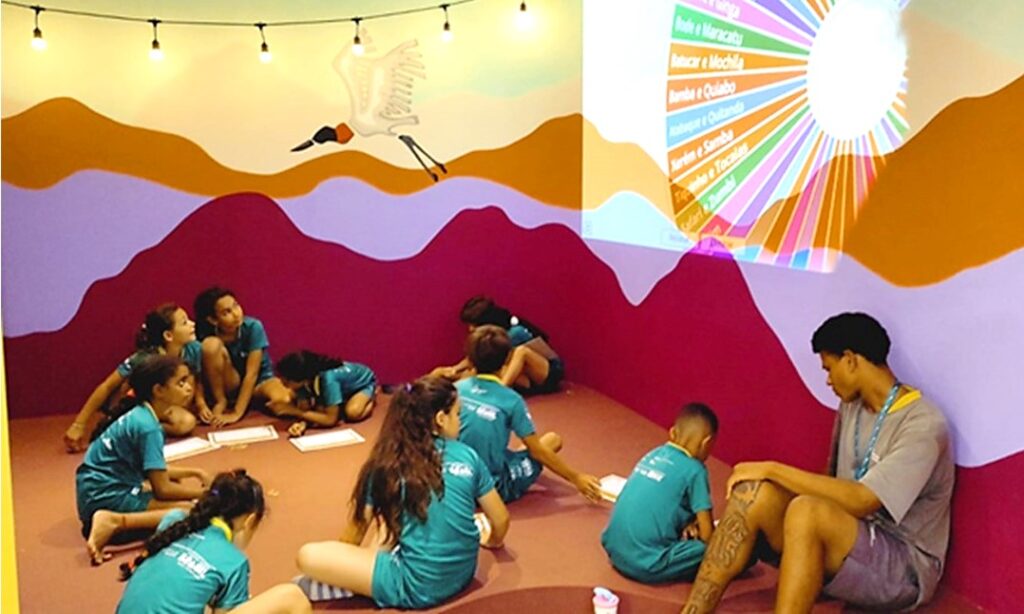
Brumadinho
Located in a territory marked by the presence of quilombos*, the Brumadinho Knowledge Station, in Minas Gerais, used Sports and Culture to strengthen awareness about racial issues and the values of respect and unity. From November 4 to 28, 632 students discussed Afro-Brazilian knowledge in music, cuisine and language. They reflected on Africa as the birthplace of humanity and the predominance of black people in Brazil. Activities included an African word bingo, body warming to the sound of ancestral drums, a lecture on racism in sports with guest athletes and a performance prepared by the students.
*The word “quilombos” refers to a community in Brazil formed by escaped enslaved people, often in remote or hard-to-reach areas. These communities were places of resistance against slavery and became symbols of freedom, solidarity, and cultural preservation.
Serra
The Serra Knowledge Station, in Espírito Santo, carried out a series of actions throughout November to strengthen students’ identity and help them understand the importance of African knowledge for the present and future, as the Station is located in a territory with a strong presence of Afro-Brazilian cultural manifestations such as the congo. The culmination of the celebrations took place on November 29 with the “Quilombo Station” event, which gathered 1,200 people for cultural performances, exhibitions and a meal featuring typical dishes of black culture. The event was designed to represent a modern quilombo, symbolizing a space of freedom, resistance and unity.
